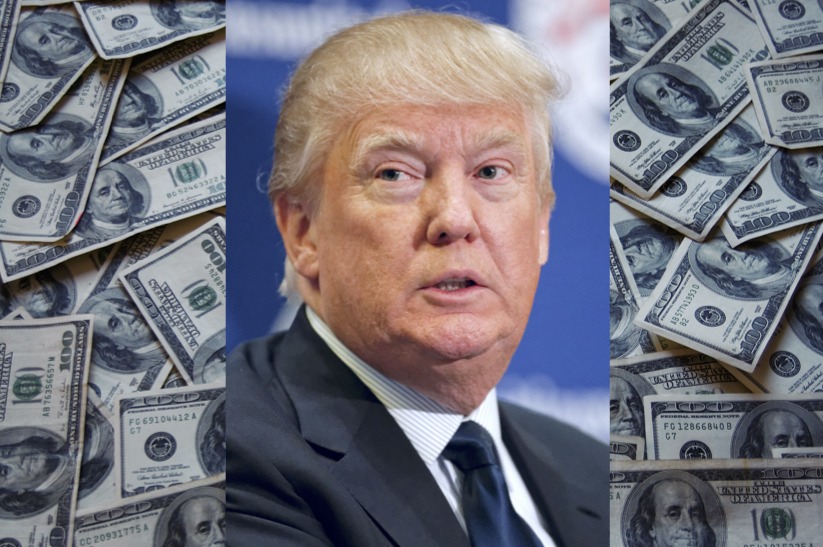Robert Mueller could seize Donald Trump’s assets while he’s still in office

With each passing day it’s becoming more clear that Special Counsel Robert Mueller has Donald Trump nailed for multiple felonies. Obstruction of justice is nearly a given. Money laundering looks increasingly likely as well – and that’s before even getting to charges like conspiracy against the United States. So now the big question is how Mueller goes about specifically taking Trump down.
The short answer is that there’s no roadmap and precious little precedent. This is roughly the point in the Watergate investigation at which Richard Nixon resigned. Legal scholars are in disagreement as to whether or not Mueller can indict Trump while he’s still in office, and there’s a whole other conversation as to whether he can put Trump on trial. These matters will have to be decided by the judicial system if it comes down to it. But there may be another way for Mueller to put the squeeze on Trump as the above questions play out in the courts.
Harvard Law Professor Laurence Tribe, one of the foremost experts on the U.S. Constitution, was asked on Twitter if Mueller could seize Trump’s illegally obtained financial assets while he’s still in office. Tribe offered this answer: “I’ve not yet explored this, but I’d welcome those who are expert in RICO and other avenues for prosecuting corrupt organizations and freezing their assets to RT and explain. Even if a sitting POTUS were held unindictable, an open Q, his nest of companies could be a sitting duck.”
Another legal expert, Sarah Smith, then pointed to a directive made in 2017 by Donald Trump’s Department of Justice, which makes it far easier for prosecutors to seize assets pre-trial before the defendant has been convicted (link). Again, all of this will have to be hashed out by the courts if Robert Mueller tries to go down this path. But Trump’s own administration appears to have made it easier for Mueller to take Trump’s money, whether he’s able to put Trump on trial or not.
